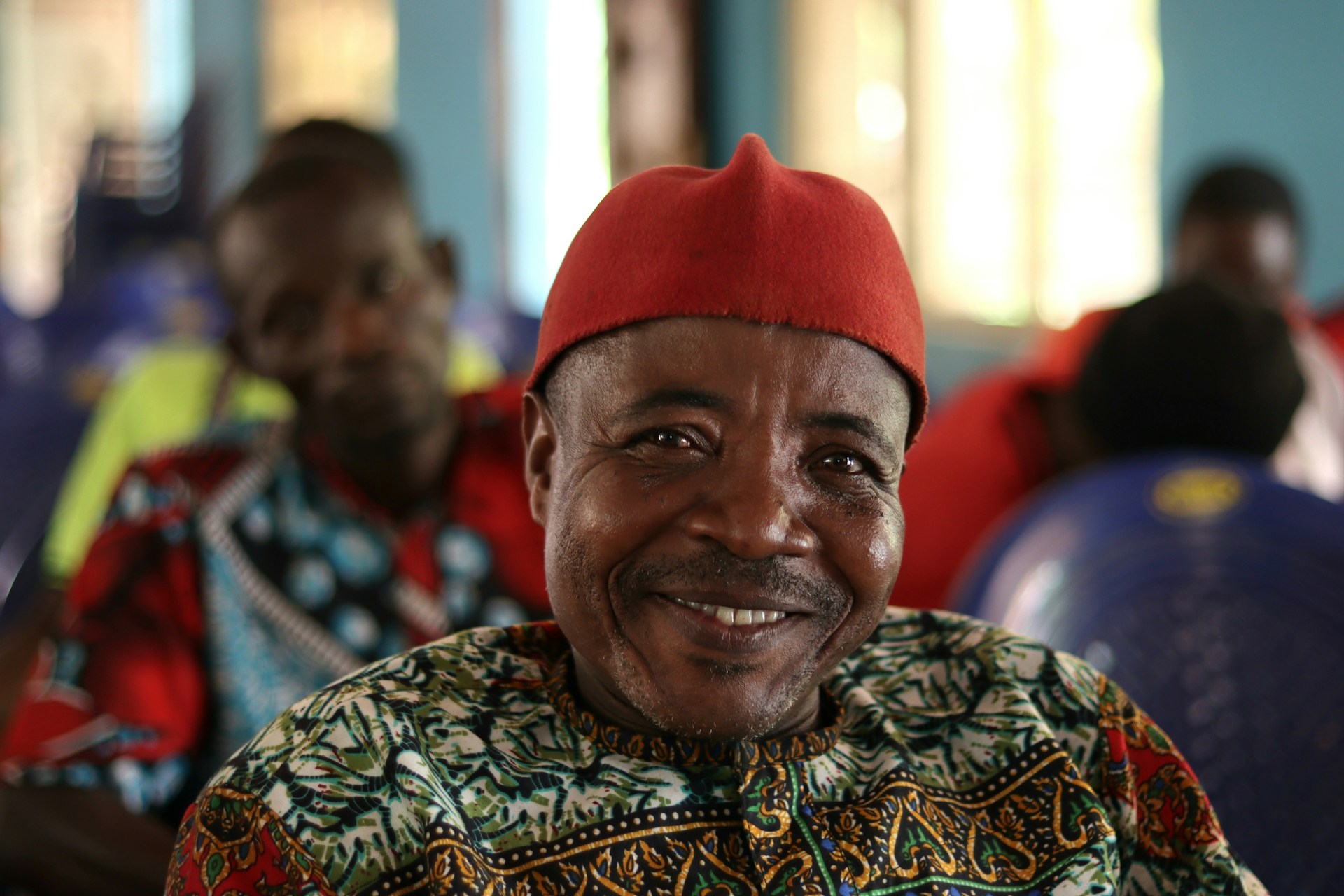Traditional Chiefs, Climate Volatility, and Violence: Evidence from North-Central Nigeria

Photo by John Mic on Unsplash. Traditional Igbo Chief, Nigeria.
Policy Context
Why do some groups succumb to conflict while others manage to peacefully coexist, in the face of increasing resource pressures, inter-group clashes or disputes? Catlan Reardon (Political Science, UC Berkeley) explores the role of traditional chiefs in North-Central Nigeria, who wield significant influence over local level dispute resolution and may explain this variation. Specifically, her project seeks to understand why some traditional chiefs take pre-emptive action to calm tensions while others either actively inflame tensions or remain passive. This work has direct implications across a range of development programming led by Governments, NGOs, and other actors, which often rely heavily on local traditional chiefs for recruitment, dissemination, and implementation without fully understanding different incentive structures of community leaders.
Study Design
Reardon employs a multi-method approach, combining experimental, interview, and observational data. She combines a randomized evaluation co-lead with the international NGO, Mercy Corps, with leader surveys to measure various economic and socio-psychological incentives that may shed light on why some leaders are effective arbiters of disputes. The project will also include lab-in-the-field games with sampled leaders to understand better the strategic actions leaders take in response to different incentives.
Results and Policy Lessons
Results forthcoming.

